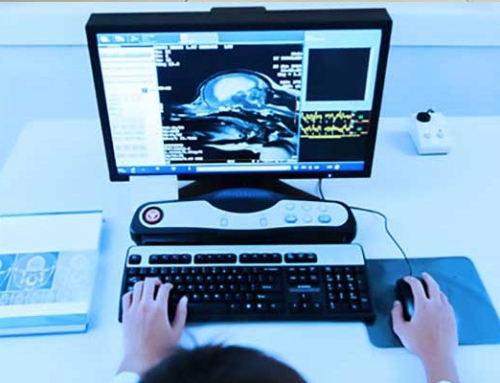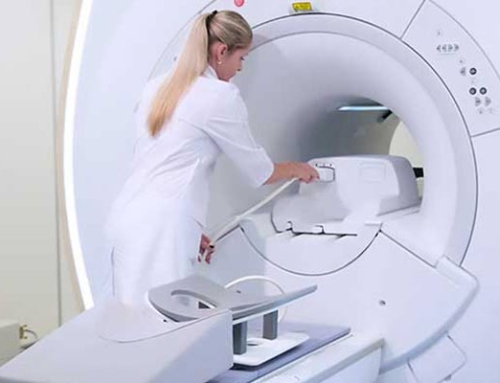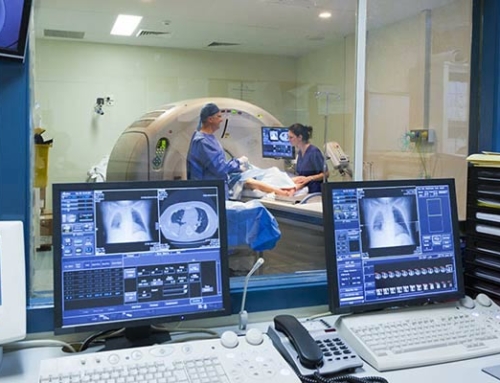Wasting time on activities that aren’t approved by ARRT and won’t count as CE activities can make life difficult. Additionally, you need to read the certificates you get for CE credits for ARRT carefully to ensure they fulfill all the requirements and have the needed information.
What Counts and What Doesn’t
Attending lectures, courses, or seminars is one of the primary methods of getting credits. Online courses like those provided by Pulse Radiology can help you gather the credits you want. Our courses provide plenty of credits and don’t take much time to complete.
We provide courses on lots of radiology topics. Browse them until you find something that interests you. That way, completing the course won’t be too hard since you’ll enjoy the topic.
Researching and writing radiology textbooks are other great ways of earning credits. Research papers can award up to 12 credits. Writing a radiology textbook can earn you the full 24 credits you need. On the other hand, writing a single chapter in a radiology textbook can earn you 4 credits.
Anything that’s part of your job or daily routine won’t count as CE credits for ARRT. Newly accredited radiologists who are unfamiliar with CE try to count their daily activities as CE, but that won’t work.
Requirements for CE Credits for ARRT
Upon completing MRI CE activities, you need to get a certificate to verify that you completed work for credits. These certificates must have certain things written on them, or else they won’t count. When you receive a certificate, you should quickly scan them for the things we’re about to discuss.
The sponsor’s name should be on the certificate. The sponsor is the entity that created or organized the CE. Your name and ASRT ID number must be on the certificate to confirm that it belongs to you.
For each activity, its name, reference number, and completion date should be stated. If a course has several activities, the name of each activity, its number, and when you completed it should be mentioned. It’s also very important for the sponsor to mention the number of credits you get for completing each activity.
The signature on the certificate can’t be that of the sponsors. An instructor or an authorized person representing the sponsor has to sign. In the end, all certificates need to have an expiration date. It should also be mentioned that the activities are Category A or A+ because these are the only ones approved.
Any changes made to the certificate will make it invalid. If there’s incorrect or missing data from your certificate, then you should request a new one from the sponsor because corrections nullify it.
You might need these rules the first few times you get CE credits for ARRT. The more experienced you become as a radiologist, the CE activities and their rules will be easy for you to remember, and you’ll just know what to do. In case of doubt, it’s always useful to have something to refer to.
Links Related to MRI Tech School







